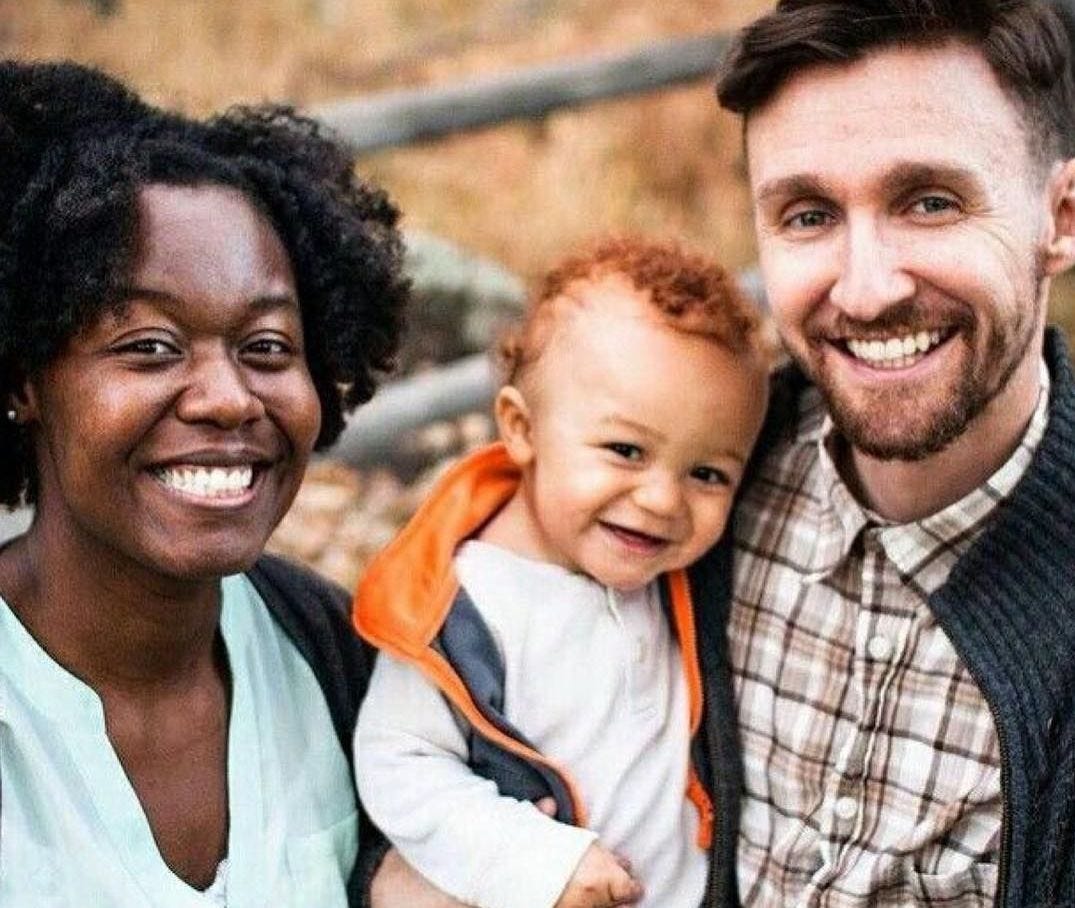‘My mum calls me the N-word’ – the reality of growing up mixed race with a racist parentPosted in Articles, Family/Parenting, Media Archive, United Kingdom on 2020-09-11 01:19Z by Steven |
‘My mum calls me the N-word’ – the reality of growing up mixed race with a racist parent
gal-dem
2020-09-05
Emma
Being a person of colour with a white parent who holds racist views is more common than you might think. Emma explores the emotional trauma of being brought up in a racist home.
A few days after the tragic death of George Floyd, when Americans took to the streets in righteous anger, my dad condemned the protests, remarking that Black people should be less afraid of the police and more so of “blacks with guns in inner cities”. Unsurprisingly, this unsavoury conversation escalated. My dad, as you might guess, is white, but I am not. Not for the first time, I was left wondering how, as a mixed race Black woman with a socially conservative white father, I reconcile with the fact that my dad might be racist?
The current racial climate has led to many people having difficult conversations about race with their families, often for the first time. Social media has been awash with handy tips and tricks for instigating conversations with uninformed family members. Instagram swipe-through posts with titles like “How to tell someone you love that they’re being racist” and “Nine counter-arguments to use against your conservative parents” ad infinitum have proliferated.
This is all well and good for white people. But what happens when the white parent in question has a Black child? Mixed race families are sometimes heralded as the ultimate antidote to racism, and a signifier of racial progress – but the reality is often far more complex. Family setups like mine are often difficult to navigate and can produce emotionally challenging situations. While the sense of urgency and pressure to educate friends and family generated by the Black Lives Matter movement is incredibly important, it can put mixed race people in an uncomfortable position. How do you balance the obligation to educate a white parent who holds racist views while protecting your own mental health?…
Read the entire article here.






